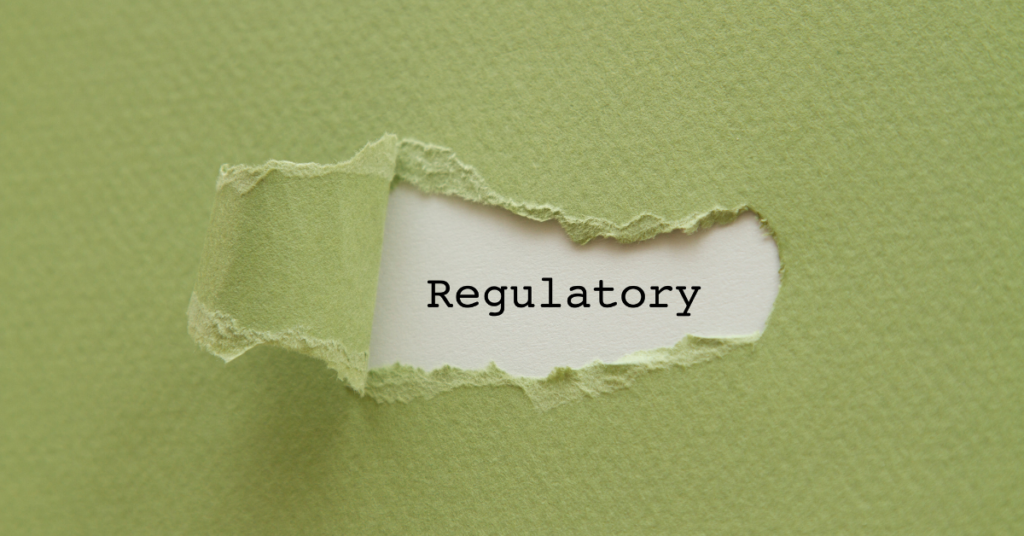SEBI stands for the Securities and Exchange Board of India. It is the regulatory body for the securities market in India. It’s main function is to protect the interests of investors in securities and to promote the development of the securities market.
SEBI was established in 1988 as a non-statutory body, and it became a statutory body in 1992 through the SEBI Act.
The SEBI Act grants SEBI the authority to regulate securities markets in India and to protect the rights of investors.

SEBI’s responsibilities include:
- Registering and regulating the working of stockbrokers, sub-brokers, share transfer agents, and other intermediaries.
- Registering and regulating the working of mutual funds, venture capital funds, and other collective investment schemes.
- Regulating the issue and listing of securities, including the conduct of public issues and private placement of securities.
- Regulating the insider trading and substantial acquisition of shares and takeovers of companies.
- Regulating self-regulatory organizations (SROs) such as stock exchanges and credit rating agencies.
- Promoting and regulating self-regulatory organizations (SROs) such as stock exchanges and credit rating agencies.
- Prohibiting fraudulent and unfair trade practices in the securities market.
SEBI Locations
SEBI is headquartered in Mumbai, and it has regional offices in New Delhi, Kolkata, Chennai, and Ahmedabad. The Chairman of SEBI is nominated by the Union Government of India and appointed by the President of India.
You can visit SEBI website https://www.sebi.gov.in/
